I always thought Dragon Age: The Veilguard would live and die by its companions, and the fact they’ve proven so divisive is likely why the general reception has been similar. In terms of overall archetypes, there are some unique flourishes here – Emmrich as a charming elderly goth is eccentric, but against the odds, it sticks the landing. Davrin is the first of the Few Good Men to make me care. But elsewhere, there are missteps.
I think Taash’s coming out is heavy-handed on purpose, and while as divisive as the game as a whole, having weighed it all up I’m on The Veilguard’s side here – just about. Bellara also grows on you. But Harding’s connection to the Inquisition is never built on, and neither is Lucanis’ possession by Spite; despite being far more interesting than the predictable family drama he finds himself in. Then there’s Neve. Oh, Neve…
Bad Acting Can Derail A Character, Or Even A Game
I was soured on Neve almost immediately, entirely from the fact that they call her ‘Nev’ as if she’s a 50 year old scrum half down the pub, rather than ‘Neev’ (or more accurately, ‘Niamh’). But unfortunately, it doesn’t get much better. While I think every character, even Emmrich, could be improved by a game that dedicates itself more to its companions’ personal traits, individual struggles, and human nature instead of making them all jolly and supportive, at least the delivery works. Except in the case of Neve.
Acting is my least favourite thing to criticise in any video game. If you have issues with, say, the level design, the blame is at the feet of a whole team of people. A group of devs working against unknown constraints, and possibly not helped (or even hindered by) leadership, failed to produce the best possible results. And when someone complains, the sting is shared amongst the whole team of anonymous workers and diluted until it can barely be felt. That’s not the case with acting.
Though there is still a whole team behind bringing a character to life, from writing to art style to direction, the voice belongs to one person. A direction can improve (or worsen) that person’s delivery, but acting casts a lonely spotlight. After seeing the abuse sent towards the actors behind The Last of Us Part 2’s Abby Anderson (a ridiculous overreaction to the character’s in-game actions) and Resident Evil 4’s Ada Wong (a misunderstanding of the intentionally campy vibe), I don’t like to single actors out.
But to consider them above critique simply because it’s nice to be nice also does a disservice to their work and to the industry, and I suspect the issues with Neve’s performance are linked to the issues with The Veilguard as a whole.
Neve Is Consistently Inconsistent
I’m not quite sure if this issue is mostly the writing’s fault or nothing to do with it at all. But I’m pretty sure I only have a limited understanding of who Neve is meant to be. Half the time she’s written as a mysterious femme fatale, keeping her cards close to her chest in the shadows but with her own unwavering moral compass, like a faux-medieval Black Widow. The other half she’s a burnt out, hard-boiled, rain as thick as oatmeal and twice as cold Sam Spade, a detective worn down by her duty to what is right, who knows life would be so much easier if the corruption around her didn’t sicken her to her core.
In the vocal performance, neither of these shades are fully realised. The tone is instead disaffected boredom, which doesn’t fit the lines, the character, or the situation, and just ends up feeling like bad delivery.
These two halves might have been able to balance each other out (though it’s a tough ask) if it wasn’t for the fact that Neve, like all characters in the game, is never selfish and won’t hold a grudge narratively, even if the mechanics of being Hardened suggests she does. There’s also a third half, fighting for air in an already overcrowded characterisation, that writes her as a charitable Robin Hood figure, albeit a thoroughly joyless one.
Balancing these parts would be tough at the best of times, but a flat performance that commits to none of them, not even the endlessly nice dullardry The Veilguard forces upon its entire cast, makes it impossible. In the later stages of the game, my friendship with Neve was the lowest of the team, because I never took her anywhere, chose Harding for the ritual, and saved Treviso. In the hopes of getting everyone to approval rating ten, I took her out repeatedly, and this vocal performance began to grate even more.
This came to a head at Blood of Arlathan, a crucial story quest that, for some reason, is built around Neve. She must use her authoritative sway to get the Venatori, who believe Neve to be senior amongst them and Rook to be her servant, to back down. To believe what Neve tells him, in the way that she tells him, he must be the stupidest Venatori alive.
It’s in that moment when the weakness of Neve’s character crystallises – she is not Black Widow, or Sam Spade, or Robin Hood. She is a crudely assembled collection of table read-level line deliveries stitched together into something that somehow manages to be less than the sum of its parts.
It’s tough to compare companions across games, because you have to account for tone changes, time spent with various characters, writing quality, and changes in audience attitude. While I consider The Veilguard among the weaker Dragon Age entries, it still has some companions I love as much as those in my favourites. But Neve is not one of them. Failure to commit to character depth that allows any persona other than kind and helpful left Neve in a tough spot. Confused direction and flat delivery attempting to appeal to all corners of her tropes could not fix that, and as a result, she is The Veilguard’s lowest light.
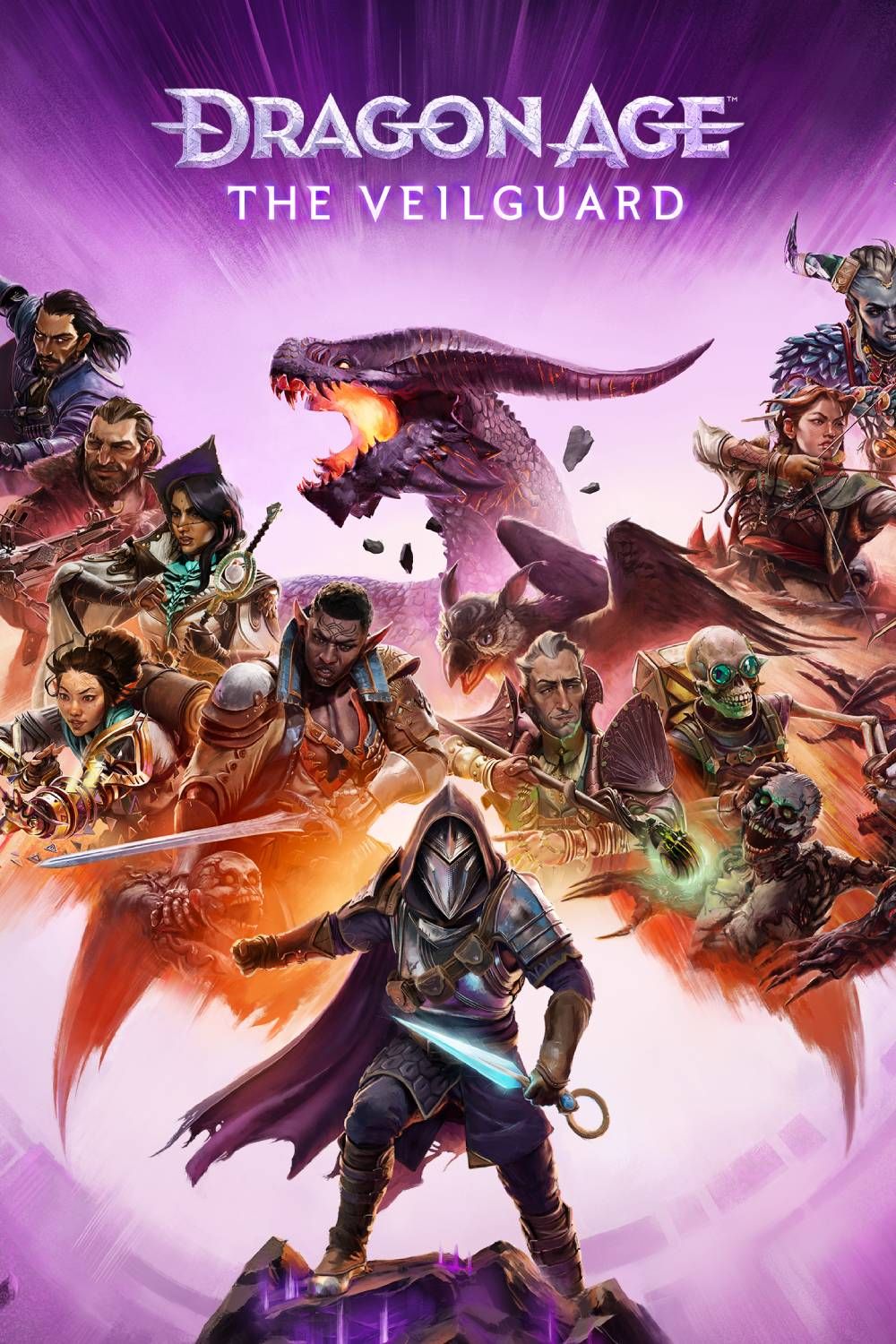
-

OpenCritic
-
Top Critic Rating:
81/100
- Released
-
October 31, 2024
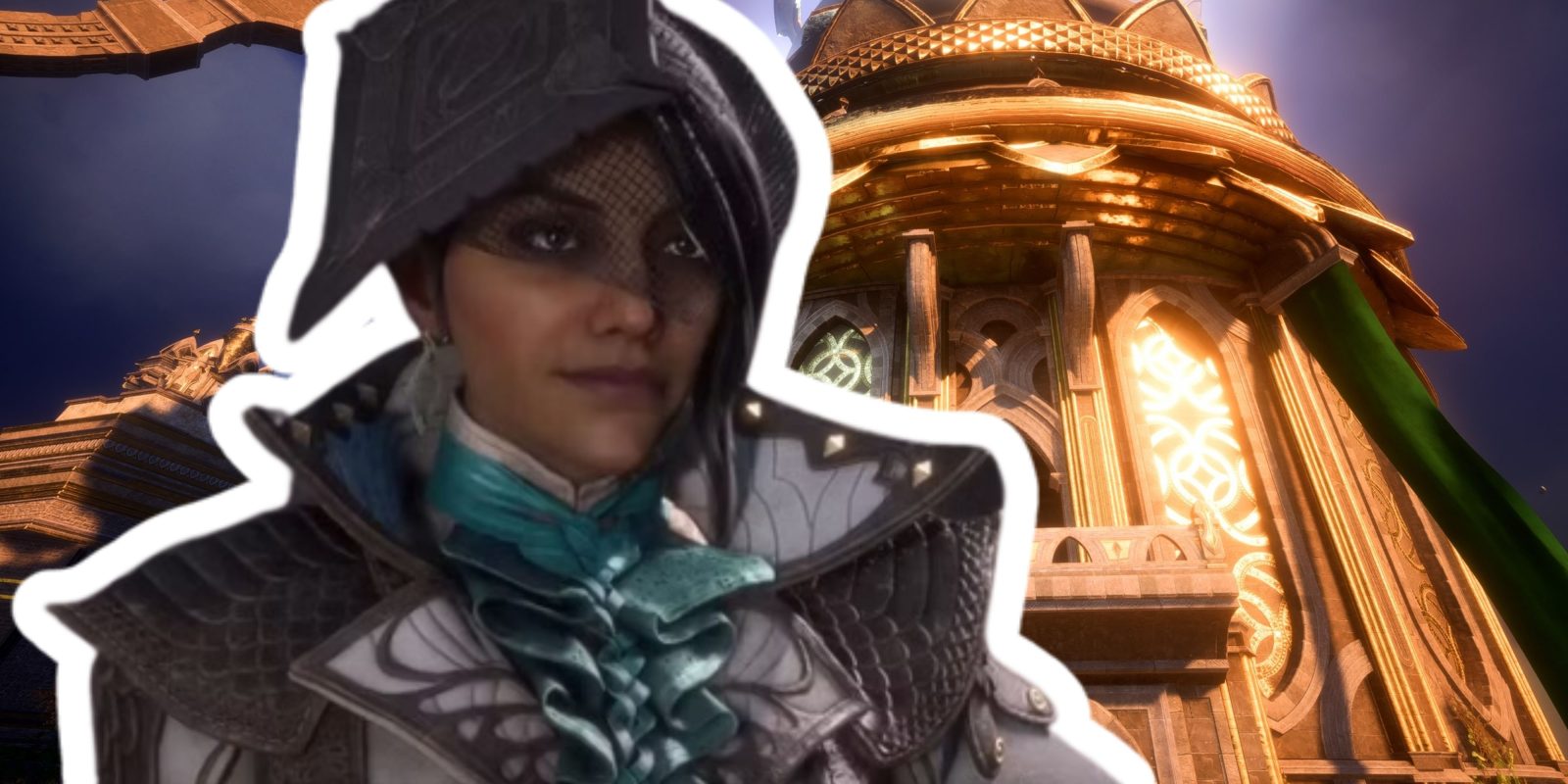
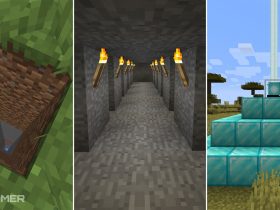
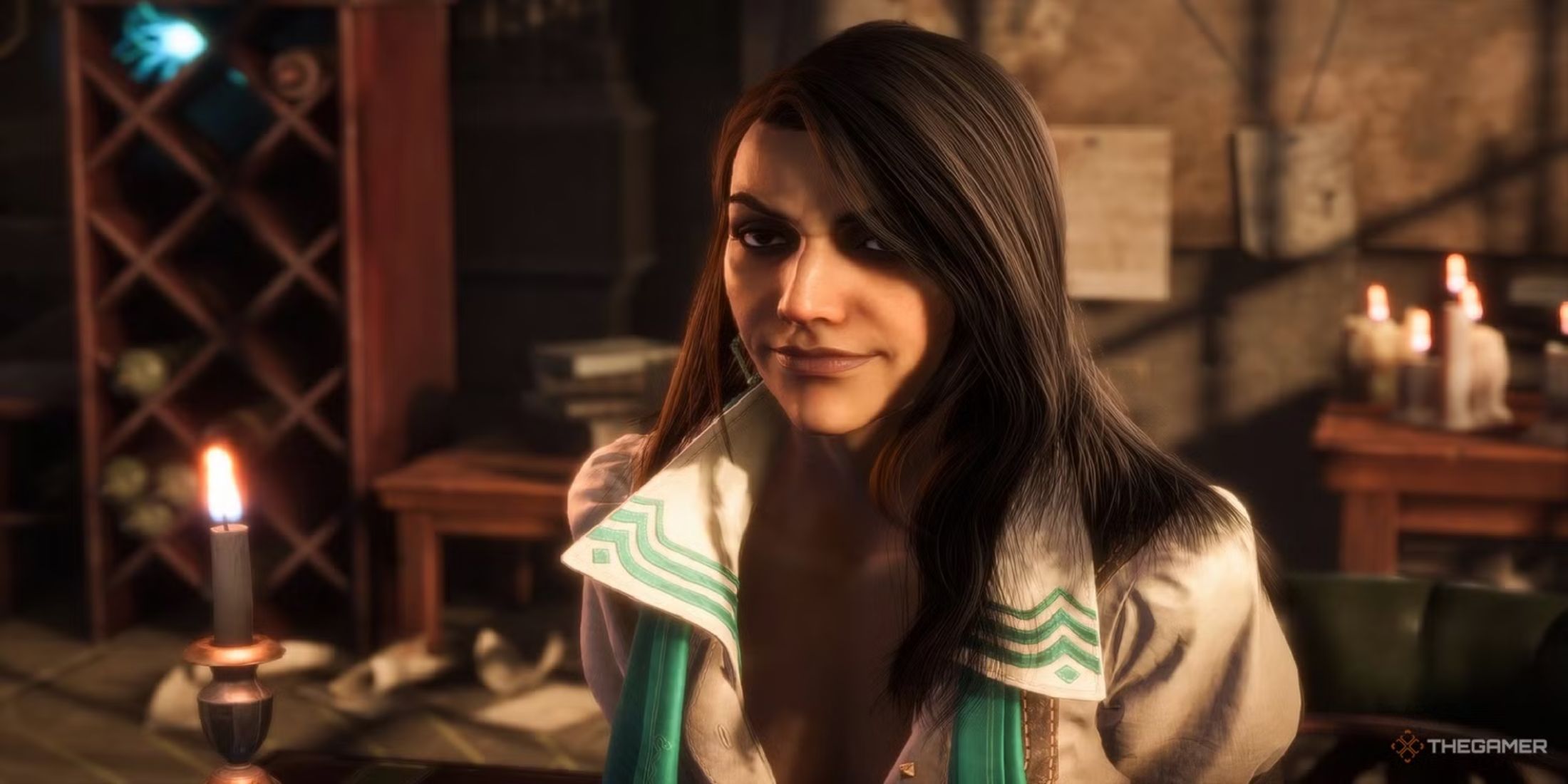
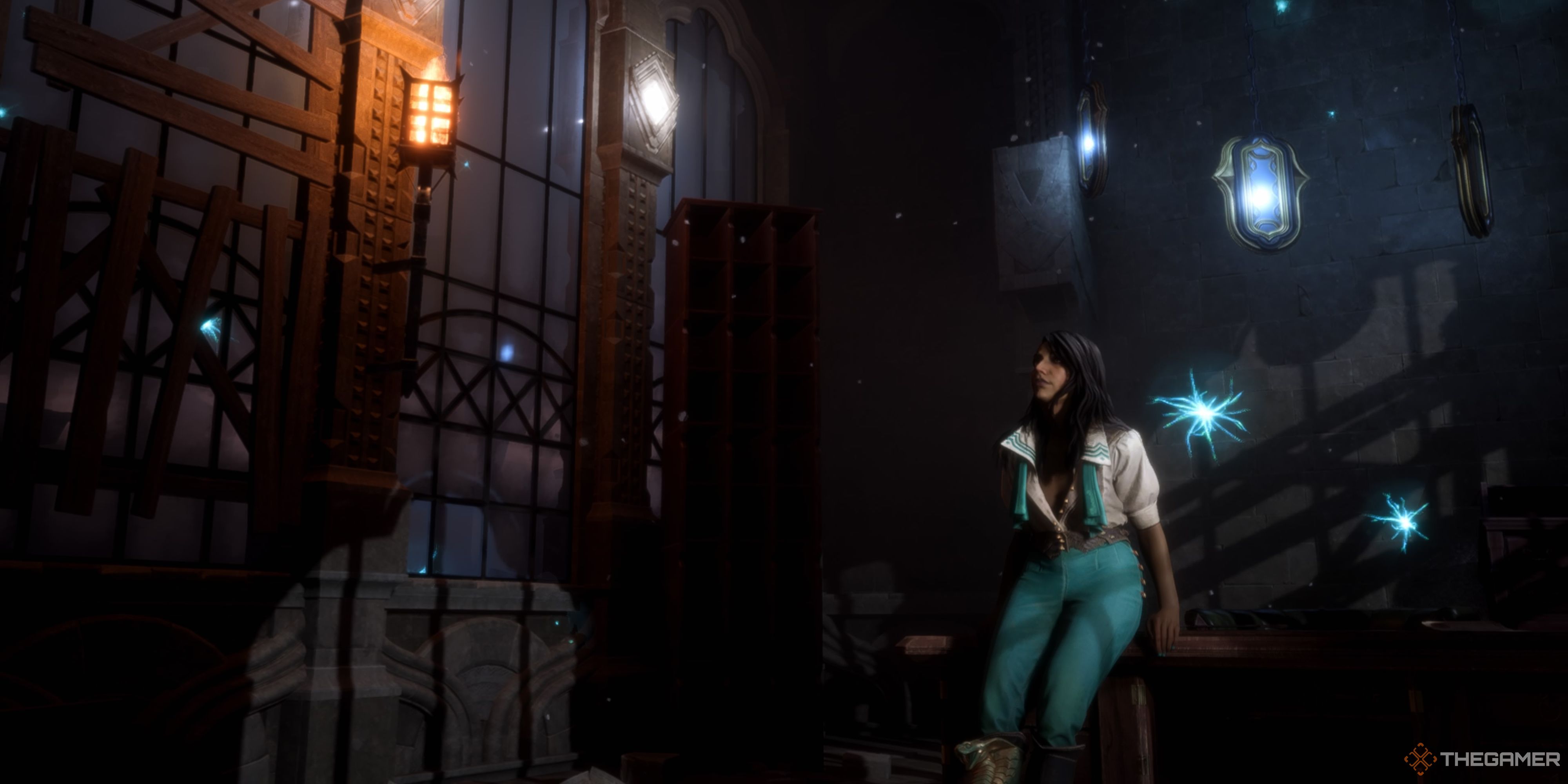
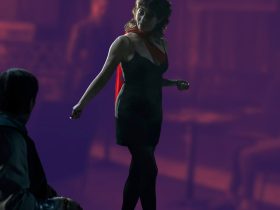
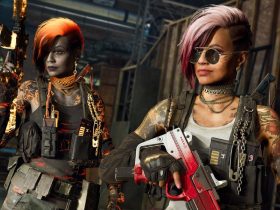

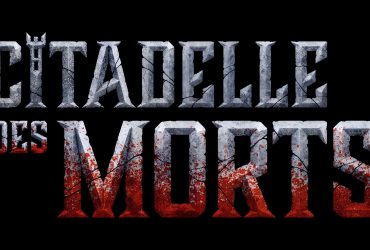
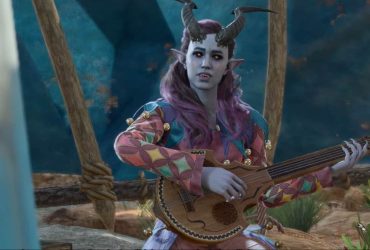
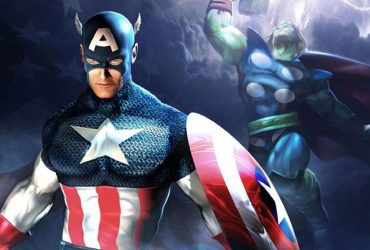
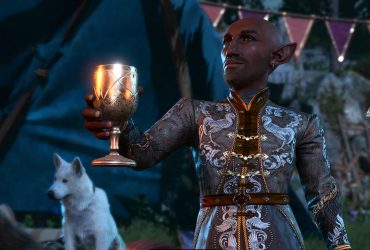
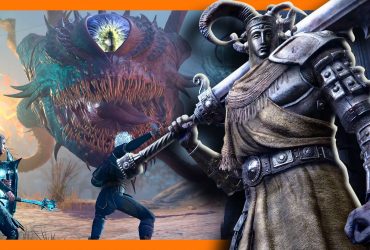
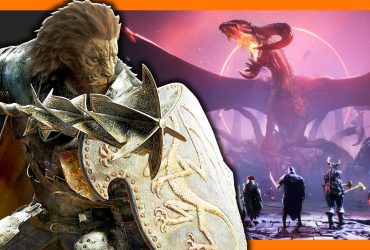
Leave a Reply